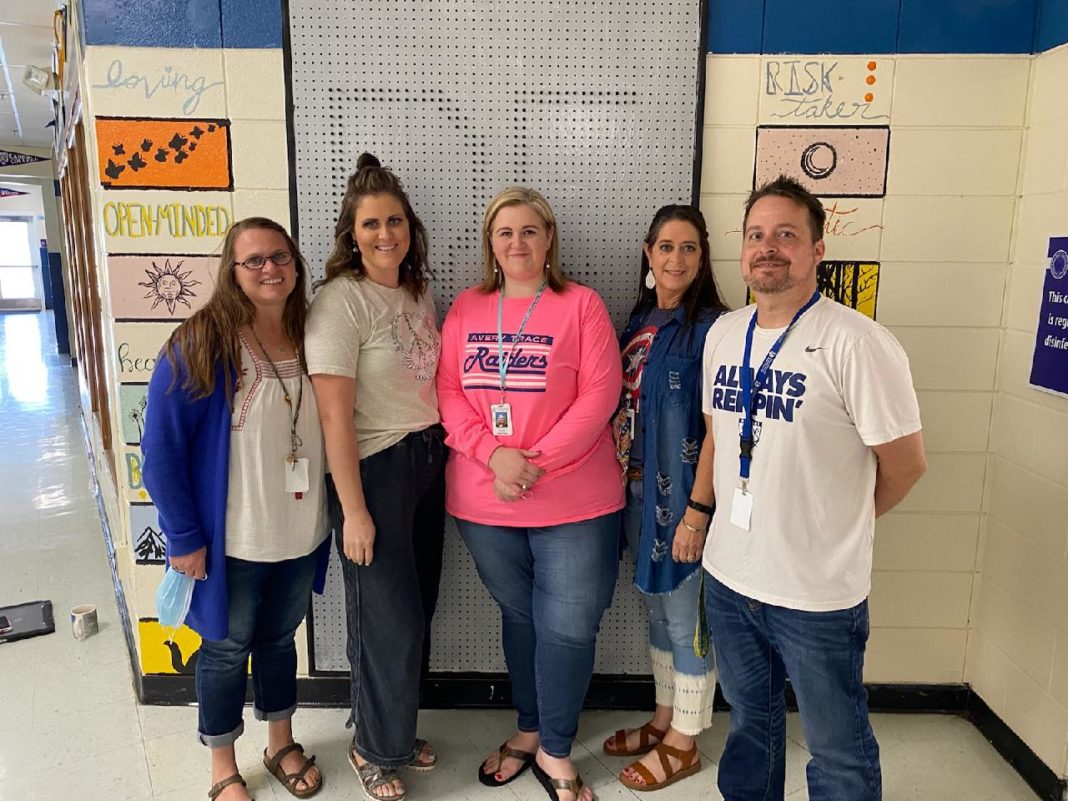
PUTNAM COUNTY — Cornerstone Elementary School, Prescott South Middle School and White Plains Academy have been selected by the Tennessee Department of Education for their second cohort of trauma-informed schools in Tennessee.
This second cohort more than doubles the original 73 schools from the first trauma-informed school’s cohort which launched in 2018-19. Schools apply and, if selected, are committed to a two-year development cycle with the department, including high-quality training, resources and ongoing support as they implement trauma-informed strategies.
“Like each student, each school community is special and unique, and schools that implement trauma-informed strategies are helping to ensure students receive the academic and nonacademic supports they need,” said Commissioner Penny Schwinn.
In Tennessee, the model trauma-informed school designation recognizes schools for their emphasis on implementing trauma-informed strategies to provide critical supports for students. Schools implementing trauma-informed approaches have seen improvements in school climate, attendance, and teacher satisfaction, while seeing a reduction in suspensions and expulsions, stress for staff and students, and more.
Avery Trace Middle School was accepted into the first cohort and found the program to add benefits to what they had already been doing for students.
“We had already been working with students and identifying those with the highest need so we could support our students and their families with after school meetings etc.,” said Mel Presley, assistant principal at Avery Trace Middle School. “However, the cohort allowed us to have a focused lens within our school. The training from the cohort alone gave us a structure to be able to truly create a program that works for our school. From understanding brain development and teaching that to staff to creating peace corners in classrooms to having an actual social health class, we even decorated a teacher lounge that gave them a place for selfcare all because were able to better identify the needs. Would we have implemented some of these things without the cohort? Sure, we could have, but because of the cohort we took a look deeper into our school to see the needs that were present and the training gave us the structure and accountability to do it even better.”
Jackie Reynolds, family engagement coordinator for Putnam County, said, “Trauma affects a child’s school day. Children living with trauma are more likely to miss school, not turn in work, have behavior issues, be hungry and have poor living conditions. Once teachers understand that the student’s behavior is not personal, it helps to be calm and find out why they are acting that way. The question ‘What did you do?’ changes to ‘What has happened to you?’ Most of the behaviors that we see exhibited have been building up over time. Students want to work for a teacher that sees them and values them as a person.”
Putnam County schools have been helping students with trauma for years, but the trauma-informed cohort has helped teachers and schools to look at things a little differently.
“Being a trauma-informed school has helped teachers to build relationships,” said Reynolds. “Relationships are the key to everything. The better a child’s relationship is with a teacher, staff member, or administration the more likely that the child’s grades improve, attendance is better, and they learn life skills that can truly lead them to be college and career ready.
“I think one of the benefits of the cohort is it causes you to look at your school like you have never looked at it before,” added Reynolds. “You recognize what you need to improve on as a school, like Avery Trace did. You have got to make the students and their families feel safe. If they don’t have their basic needs met like food, clothing, shelter, they won’t learn, because they can’t concentrate.”
Shelia Barker, social emotional wellness coordinator added, “Another great benefit of the cohort is teachers are trained in trauma-informed practices and go back to their school and teach the other teachers. Because of this, test scores will go up, attendance rates will go down, discipline referrals decrease, and we see they are teaching life skills that students need. The district also provides professional development in Adverse Childhood Experiences, Action-Based Learning, restorative practices and poverty training.”
“Trauma-informed education changes the culture in our schools because when teachers and students really listen to each other’s ‘story,’ they become a family,” said Reynolds. “You feel a part of something bigger than it just being about you.”
Cornerstone Elementary School, Prescott South Middle School and White Plains Academy will begin their trauma-informed cohort in the 2021-22 school year.
To view the full list of the new cohort of trauma-informed schools, click here.








